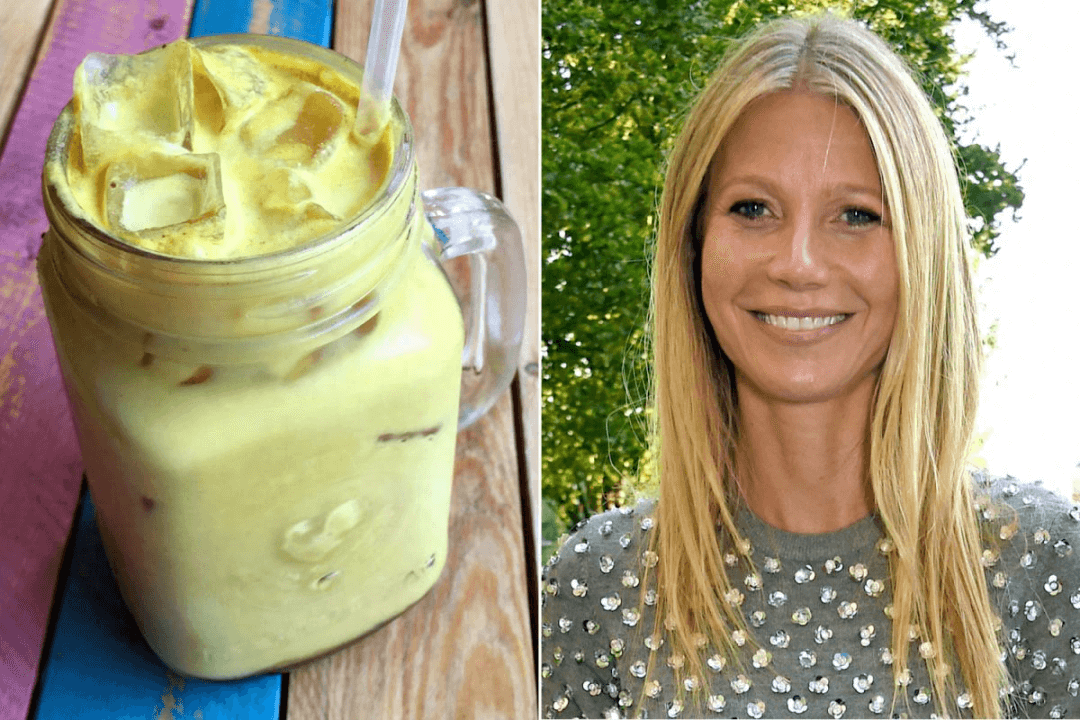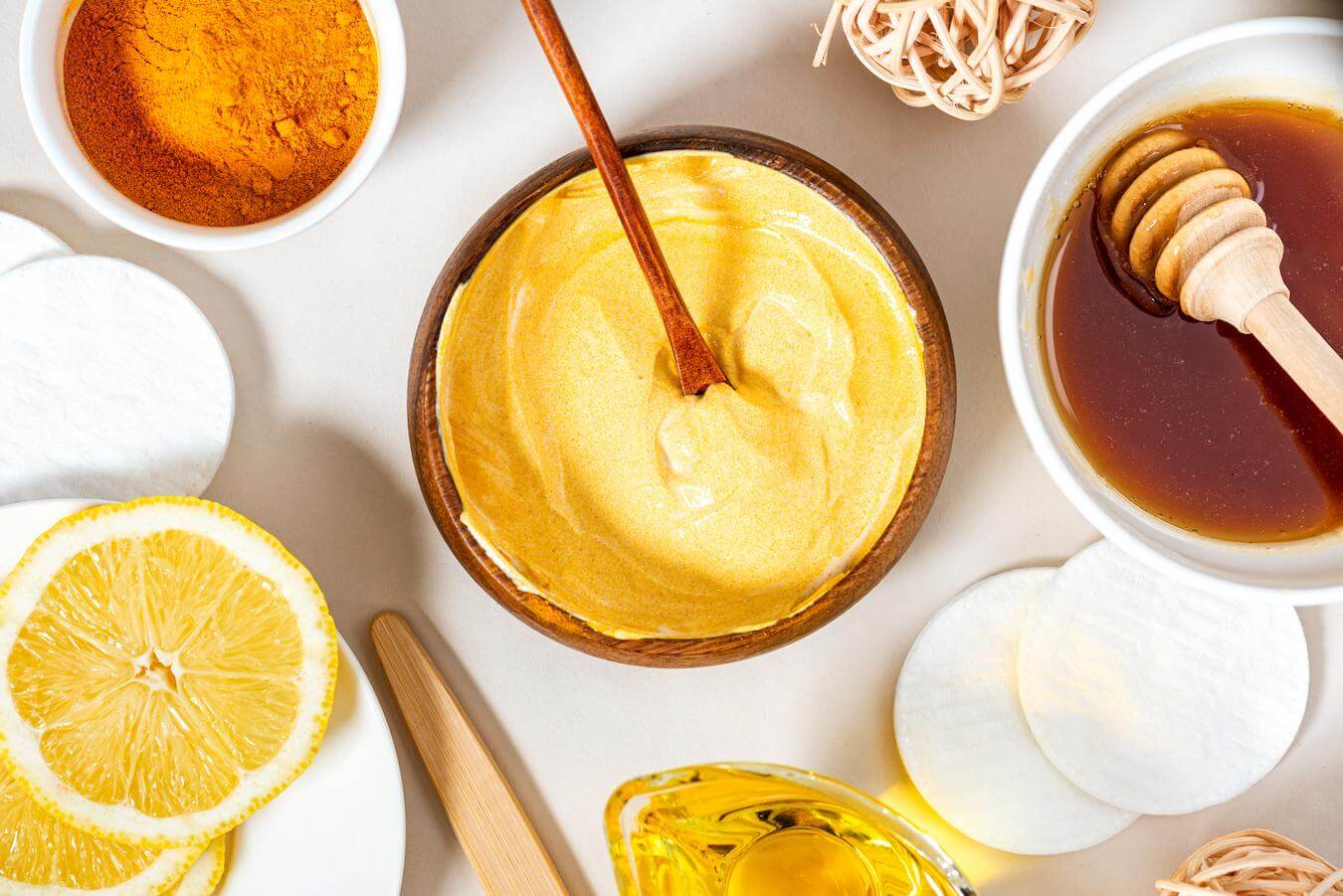
As the concept of healthy skincare becomes an everyday practice, there is a growing trend among consumers to embrace plant-based ingredients known for their safety and miraculous effects. Among the frontline warriors in the realm of skincare is the "Indian Gold" known as turmeric, and specifically, the compound within turmeric called curcumin, which has gained popularity in recent years as a key ingredient in cosmetic products.

Turmeric, often referred to as "Indian Gold," is a spice, a medicinal herb, and a natural dye. Its first documented use dates back to Marco Polo's travels in China and India in 1280. Turmeric boasts antibacterial properties, making it an excellent choice for both cleansing and nourishing the skin. Additionally, the substance containing curcumin has shown remarkable antioxidant properties, effectively combating free radicals.
As more people discover its health benefits, the "Turmeric Skincare Craze" has swept across the globe. The global curcumin market exceeded $46.6 million in value in 2016. According to Global Market Insights, it is projected to reach $115 million by 2024. A paper published in the "American Journal of Geriatric Psychiatry" reported that curcumin has anti-inflammatory effects and significantly reduces protein aggregation in brain regions associated with memory and emotions, thus improving memory and promoting mental well-being.
Actress Gwyneth Paltrow, known for her role as Pepper Potts in "Iron Man," is a fan of turmeric and has even shared her recipe for a turmeric latte on her website.

Daisy Ridley, who portrayed Rey in "Star Wars," and Courtney Kardashian from the Kardashian family enjoy using turmeric masks for their faces.

Curcumin's effects on the skin include alleviating acne, providing potent antioxidant and anti-aging properties, and excellent skin-lightening results, surpassing arbutin by 80 times. Curcumin also exhibits phototoxicity.


Using turmeric products for your skin can provide various benefits, but using them correctly is essential to avoid staining or skin irritation. Here's a step-by-step guide on how to use turmeric products for your skin:
1.Patch Test: Before applying turmeric to your face, do a patch test on a small skin area. This helps determine if you have any allergic reactions or sensitivity to turmeric. Wait for 24 hours to see any redness, itching, or irritation.
2.Choose the Right Product: You can find turmeric in various skincare products, including face masks, cleansers, and creams. Choose a product that suits your skin type and addresses your specific skin concerns.
3.Cleanse Your Face:

Turmeric Face Mask:
Turmeric Cleanser: If using a turmeric cleanser, wet your face, apply a small amount, and gently massage it onto your skin. Rinse thoroughly with lukewarm water.
Turmeric Cream or Serum: Apply a small amount of the product to your face and neck, gently massaging it into your skin. Follow the product's directions for morning or nighttime use.
Moisturize: After using a turmeric product, apply a moisturizer suitable for your skin type to lock in hydration and prevent any potential dryness.
Sunscreen: If using turmeric products in your morning routine, apply sunscreen with at least SPF 30 to protect your skin from UV damage.

For centuries, turmeric has held a prominent place in both traditional medicine and skincare, establishing itself as a widely recognized and cherished spice.It is known for its potential benefits for the skin, primarily due to its active compound, curcumin, which has antioxidant and anti-inflammatory properties. Here are some frequently asked questions about turmeric for skin:
Yes, turmeric can be good for the skin. Its antioxidant and anti-inflammatory properties make it potentially beneficial for addressing a range of skin concerns, including but not limited to acne, eczema, psoriasis, and the signs of aging.
Turmeric offers several skin benefits, including its ability to diminish inflammation, combat the harmful effects of free radicals, accelerate the healing of wounds, thwart the proliferation of acne-causing bacteria, and enhance the overall complexion.
Yes, you can apply turmeric topically to your skin. However, mixing it with other ingredients like yogurt, honey, or carrier oil (such as coconut or jojoba oil) is essential to create a paste or mask. Applying raw turmeric directly can stain the skin.
Turmeric is sometimes used for its potential skin-lightening effects. Some people believe it can help reduce the appearance of dark spots and hyperpigmentation. However, its products can vary from person to person and may not provide significant lightening results.
Turmeric's anti-inflammatory and antibacterial properties may help with acne. It can reduce redness and inflammation associated with acne lesions and inhibit the growth of acne-causing bacteria. Be cautious if you have sensitive skin, as turmeric can sometimes irritate.
Turmeric may help fade acne scars over time due to its potential skin-healing properties. However, it may take consistent use and time to see noticeable results.
Turmeric is generally safe for most people when applied topically. However, it can cause skin irritation, especially in sensitive skin. A patch test on a small skin area is recommended before using turmeric masks or creams on your face. If you have an allergy to turmeric, it's best to refrain from using turmeric-based products on your skin.
Yes, turmeric can stain the skin temporarily, giving it a yellow or orange tint. This staining usually fades within a day or so. To minimize staining, use a turmeric mask with a balanced mixture of other ingredients and rinse it off thoroughly.
Turmeric's anti-inflammatory properties may relieve skin conditions like psoriasis and eczema. However, it's essential to consult with a dermatologist before using turmeric as part of your skincare routine, especially if you have a chronic skin condition.
It's generally safe to use turmeric topically during pregnancy. Before incorporating any new skincare products or ingredients into your routine during pregnancy, it's highly advisable to seek guidance from a healthcare professional.
Remember that individual reactions to turmeric can vary, so it's a good idea to do a patch test and consult a dermatologist or healthcare provider if you have specific skin concerns or conditions before incorporating turmeric into your skincare routine.

